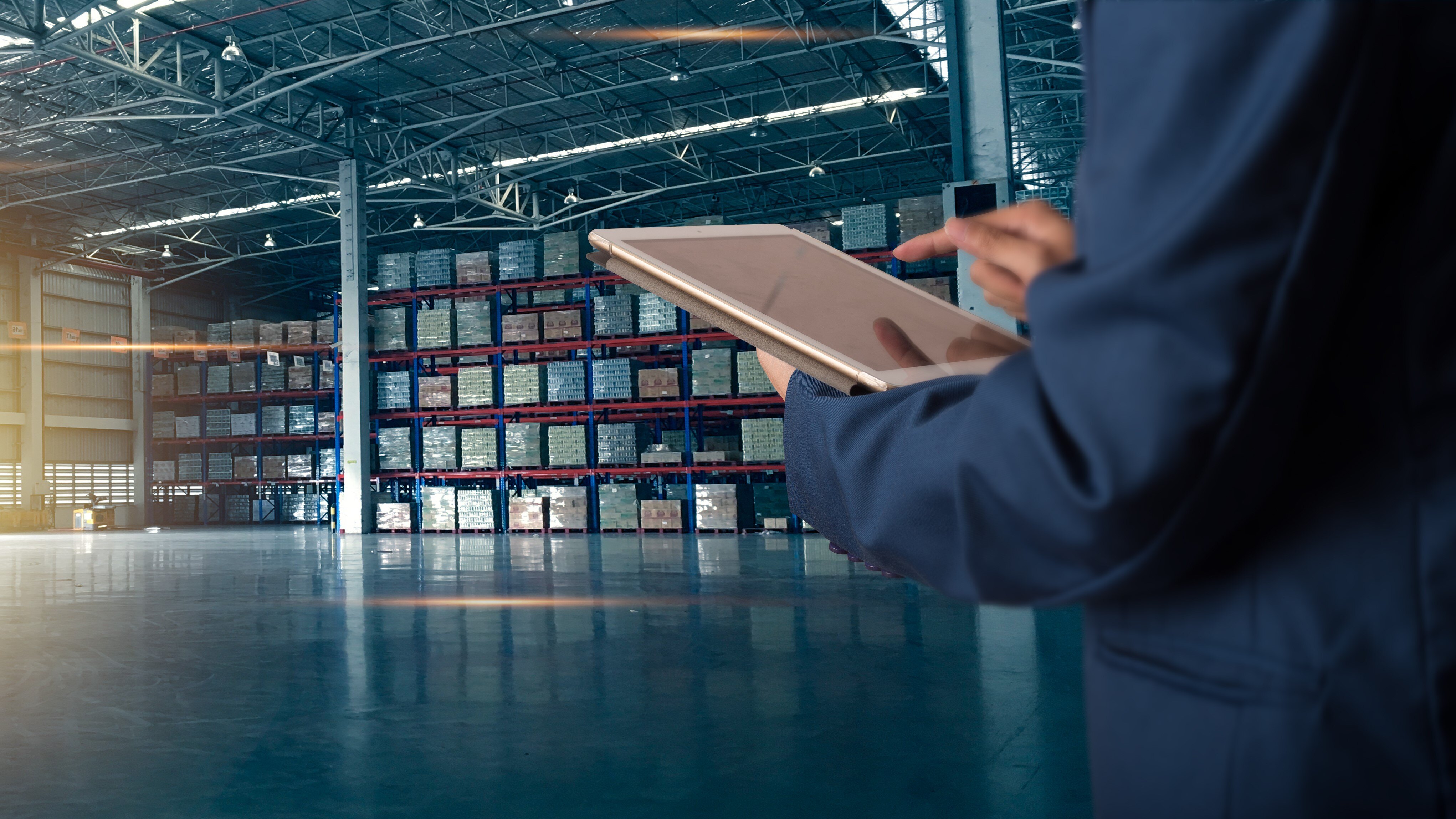Modern supply chains are like those connecting pipes of the building. Sure, they are deeply hidden, but they are the ones that keep the building functioning!
In my last blog, I spoke about the changing consumer habits and mentioned strategic solutions to adequately address them. In this post, I will concentrate on the technical aspect of improving the supply chain structure. So, let’s begin, shall we?
Leveraging data
With 4.66 billion active and connected users globally, data becomes a compelling resource of our world. People use and produce a gigantic amount of data from wearable devices and smartphones to laptops and computers. When appropriately harnessed with the help of data science and analytics, this data can empower critical aspects of supply chains:
Increasing efficiency of operations and warehouse
Quality control
Building predictive strategies
Effective management of supply, demand, and inventory
Big Data Analytics
It is complex to examine complex data produced by multiple sources to uncover information. Big data analytics reveals information that can be used to support critical decisions in order to achieve operational efficiency. Besides, it helps monitor the performance of all processes, which ultimately promotes productivity and helps reduce costs.
From accurate delivery times to eliminating communication gaps, big data analytics streamlines several aspects of the supply chain, leading to operational and tactical benefits. Among the significant benefits of using big data analytics in supply chain management, I’d like to point out the following:
Improved customer services
Enhanced products traceability
More accurate forecast enabling prompt decisions
More clarity and accuracy within supplier network
More precision on tracking how inventory moves from place to place, measuring supply and demand
Lastly, big data analytics helps identify vulnerabilities such as weak and inefficient processes, which are usually solved by implementing automated solutions like robot technology for warehouses.
Artificial Intelligence and Machine Learning
The AI/ML technology on my list is considered one of the most promising in the supply chain management sector. AI and ML are technologies that create automatic or semi-automatic processes for the proper optimization of supply chains. Their predictive nature enhances the quality of forecast and demand and supply planning. In addition, a combined utilization of AI, ML, and human performances can lead to more efficient logistics maintenance and decrease costs.
Some of the key benefits of using AI and Machine Learning are as follows,
Improved data security
End-to-end supply chain visibility with significant improvement in key performance indicators (KPIs)
Automation of critical processes like inventory management and shipping transactions
Enhanced customer services
Currently, AI and machine learning are in their blooming states, which means we can start to see AI-powered machinery throughout supply chains already these days.
Internet of Things
IoT is among the most reliable technologies with great potential to enhance supply chain management. In fact, Syscons has just completed an energy management project which involved leveraging IoT for a sustainability improvement. This cost-effective technology that relies on connected devices proves highly beneficial to warehouse management, quality management, and plant maintenance processes.
Here, the main benefits of IoT technology I would like to highlight:
Proper Contingency Planning
IoT and data analytics analyze ongoing events like traffic and weather conditions and help supply chain managers make well-informed decisions. They also produce real-time alerts, which eventually help in risk mitigation.
Warehouse Management
Integration of IoT in the warehouse management system increases the efficiency of processes and leads to enhanced inventory management. It incorporates real-time location trackers, which help locate the products quickly and maintain a seamless workflow.
Better Control over Storage Conditions
IoT supports technologies enabling environmental sensors. They help regulate storage conditions critical factors like temperature and moisture, which directly affect the longevity of products.
Blockchain Technology
In simple terms, blockchain is like an extensive ledger containing all transactions distributed across the network of every computer joined to one system. It ensures a secure exchange of information, making the system virtually impenetrable. However, blockchain is more than just security.
Blockchain technology ensures all information is accessible to all relevant and authorized parties. Therefore, it reduces the communications gaps and eliminates data transfer errors. The key benefits of Blockchain technology in the supply chain are as follows,
Blockchain means traceability; it makes it easier to trace the products within the supply chain
Reduction of exhaustive paperwork as well as administration costs
Transparency throughout the supply chain structure eventually builds an excellent reputation within the market
Blockchain technology streamlines three vital aspects of the supply chain, i.e., inventory, finance, and information. However, one of the most remarkable benefits of blockchain technology is its ability to help eliminate counterfeited products from the market. Since every product within the system is tracked thought the process, it becomes much easier to identify and eradicate counterfeited products.
Cloud Technology
Businesses are required to track goods at any point during their journey throughout the supply chain. In addition, businesses require real-time updates for their customers. Cloud technologies make tracking and updating processes hassle-free for supply chain managers. Cloud bases solutions simply enhance aspects like security, data storage space, and information sharing. Cloud technologies help businesses connect with their customers on a better level.
Along with the above technologies, there is one more I would like to mention, i.e., 5G. The network providers are covering more and more areas with 5G coverage. This is a positive sign for our industry, as it will only increase the possibility of sharing data and information faster and broader.
Final words
Indeed, this one was quite informative! But technologies drive our industry and take it to its ultimate goal, being better. These technologies specifically target vital aspects of supply chain operations and empower them to function better.

Syscons Team
We are a team of experts dedicated to crafting tailored digital projects that blend innovation with operational efficiency. Through an end-to-end approach and cutting-edge technologies, we guide our clients toward the Composable Enterprise model, enabling them to navigate the challenges of an ever-evolving market with agility. Our mission? To make you future-proof.
SYSCONS BLOG
Il blog di Syscons è una finestra su news, eventi, casi studio e best practice sulle soluzioni che possono supportare il business, aiutando a superare le sfide tecnologiche più importanti.
Iscriviti per non perdere alcun aggiornamento!



